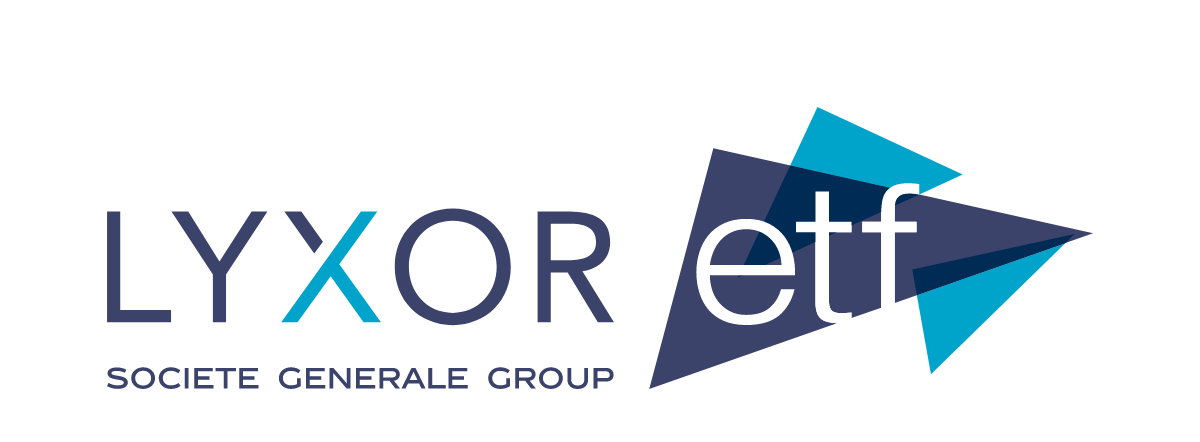Today's new ETF listings from around the world.
London
Deutsche Bank lists two new smart beta funds
Deutsche bank is listing two new dividend focussed smart beta ETFs on the London Stock Exchanging. They are:
Xtrackers MSCI World High Dividend Yield UCITS ETF (XDWY)
Xtrackers Morningstar US Quality Dividend UCITS ETF (XMDU)
DBX already has a global dividend ETF listed in London (XGSD), which is synthetic. This new listing, however, is physical. XDWY will go head to head with Vanguard's £483m VHYL, the largest world dividend ETF in London. Curiously, or maybe not so curiously, both VHYL and XDWY charge the exact same 0.29% expense ratio.
XMDU will complement Xtrackers' other fund, XDND, which looks at dividends in North American rather than just the US.
Dividend tracking ETFs are the most popular type of smart beta ETF in Europe by assets. The other popular smart beta categories include low volatility, value and multifactor.
Lyxor lists cheapest ETFs in Europe
Lyxor is ripping down the costs on plain vanilla ETFs and rolling out the two cheapest ETFs in Europe. The new Lyxor Core Morningstar UK ETF (LCUK) and the Lyxor Core Morningstar US ETFs (LCUS) will charge a mere 4 basis points - outrunning the current cheapest provided by HSBC which charge 5 bps.
Lyxor is also rolling out the Lyxor Core MSCI World and Lyxor Core MSCI Japan ETFs, which will both charge 12 bps. These fees are also the lowest of their kind but in keeping with Lyxor's PAXG, which also charges 12 bps.
Analysis - index providers bluff called, no money in plain vanilla ETFs
Most European plain vanilla ETFs are unable to run at an American-style 3 or 4 basis points because they fear the European market is not large enough to justify such low headline fees. They also run into index providers who want to carve off a slice of whatever assets ETF providers do the work of attracting. ETF providers then have to pass on the index providers' fees to end users, raising the cost structure.
Lyxor's tapping Morningstar for index duties on its US and UK funds is a warning shot against the big index providers and offers a sign that European issuers are tiring of the fees index firms charge. It signals the next wave of Americanisation of European ETFs and also, of course, that there's very little money left to be made in plain vanilla funds. For investors, however, these new listings are a real win.




